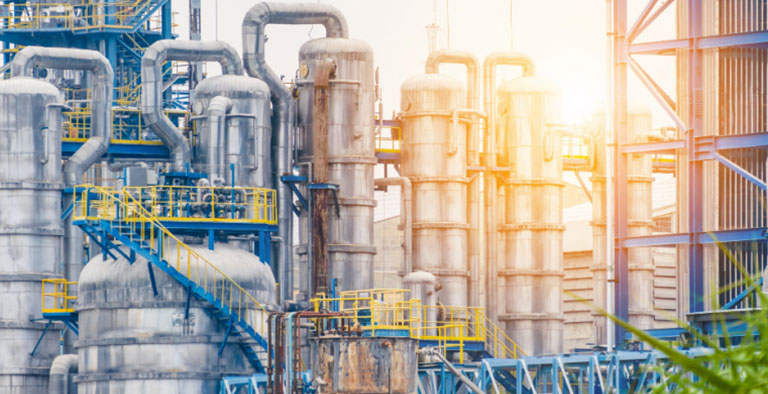Why Petrochemical Plants are Outsourcing Biodiesel Loading Tasks
Petrochemical plants are often overlooked but indispensable. They are industrial powerhouses that transform hydrocarbons from petroleum or natural gas into an array of chemicals. These chemicals, referred to as petrochemicals,…
0 Comments
August 28, 2024


